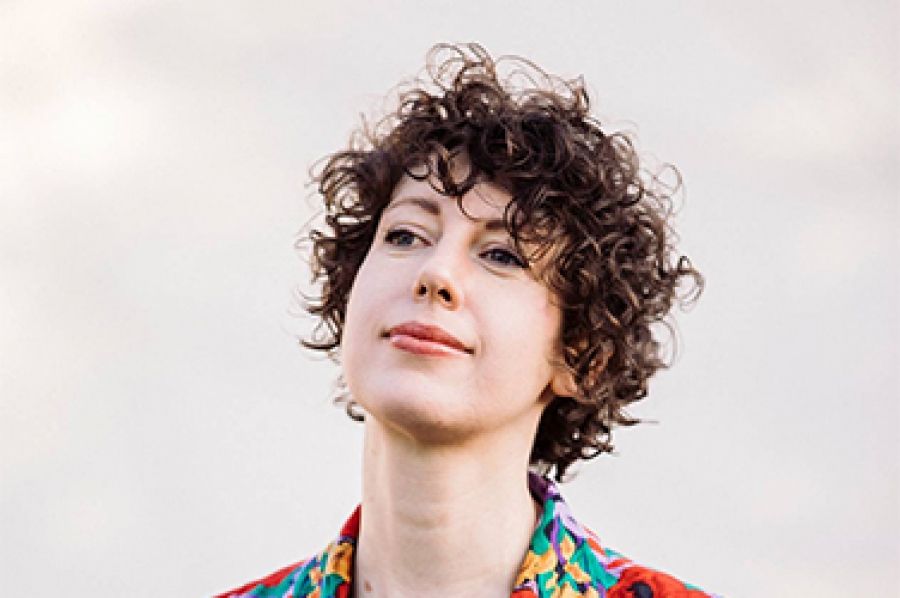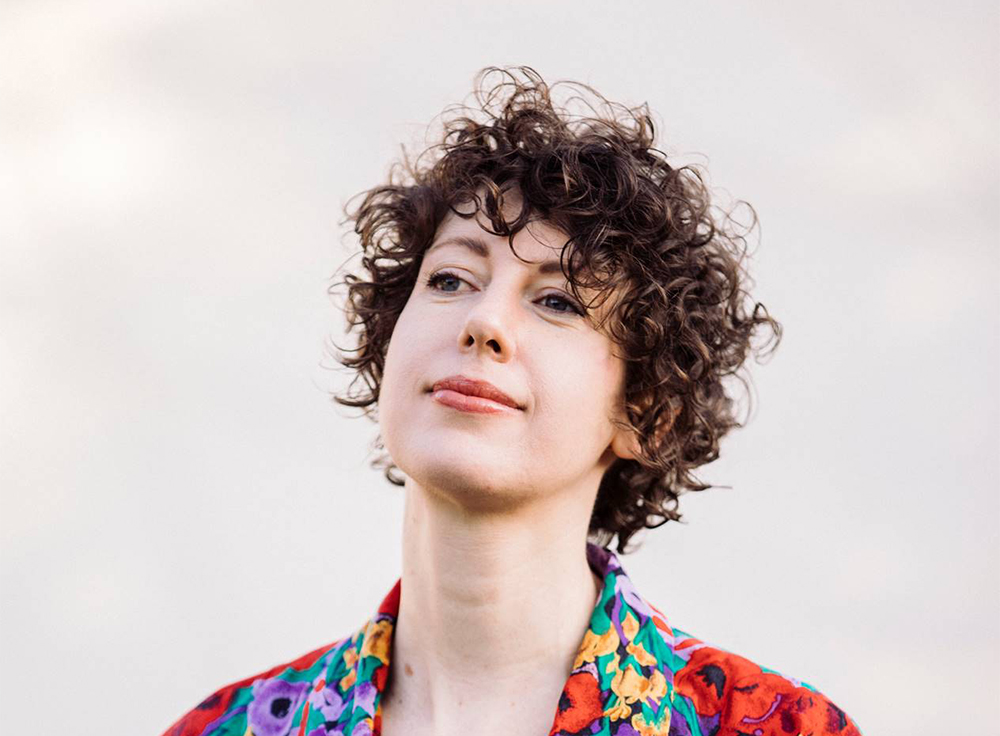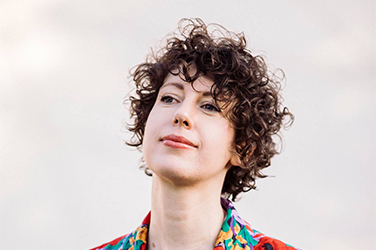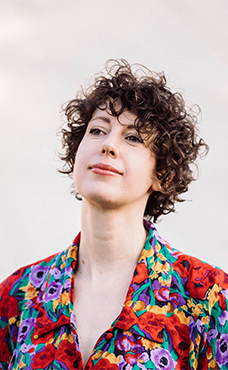
- Free Article: No
- Contents Category: Poet of the Month
- Custom Article Title: An interview with Joan Fleming
- Review Article: Yes
- Article Title: An interview with Joan Fleming
- Online Only: No
- Custom Highlight Text:
For me, if a poem doesn’t originate in the body, in the gut, it’s usually a plotting of the forebrain, an attempt to ‘say something’, and should be ignored.
- Article Hero Image (920px wide):

- Article Hero Image Caption: Joan Fleming (photograph supplied)
- Alt Tag (Article Hero Image): Joan Fleming (photograph supplied)
- Featured Image (400px * 250px):

- Alt Tag (Featured Image): Poet of the Month with Joan Fleming
What circumstances are ideal for writing poetry?
An absence of personal turmoil helps. I can’t write in the midst of grief or in the electrified shower of giddiness or love. Life events have to compost before I can make language out of them. Space to oneself, a room of one’s own, ideally, though I’ve almost never had that. Also, an almost embarrassing amount of free time.
Roughly how many drafts do you produce before ‘finishing’ a poem?
As a younger writer I used to fill notebooks with screeds of automatic writing, a process of ‘clearing the mud from the hose’ before the clean water could flow. Nowadays, the notebooks are usually filled with quotations and notes towards an idea. I tend to wait, now, until the language is pretty well formed in the body before I put it on the page. Then, endless tinkering drafts.
Which poet would you most like to talk to – and why?
I would like to break bread with Emily Dickinson, to ask her who she was addressing in her ‘Master’ letters. She was an exceptional baker.
Do you have a favourite Australian poetry collection?
I hate being asked about favourites. It feels like being asked to commit to a first tattoo. But let’s go with Jordie Albiston’s The Hanging of Jean Lee (1998) – a masterwork of history, empathy, music, and tone.
What do poets need most: solitude or a coterie?
Friendship and conversation are among the pillars of my life. They hold up my roof. Without them, I could never make a poem or any good thing. That said, when in the midst of writing work, please leave me the hell alone.
What have you learned from reviews of your work?
I have to say that I’ve learned less from reviews than from my writing friends, and from my editors, who are smart enough and generous enough to point out my acts of blindness.
If Plato allowed you to keep one poem or poetry collection in his Republic, what would it be?
I’d say Gerard Manley Hopkins’s ‘The Windhover’, but that would already be allowed under the rubric of ‘hymns to the gods’, and besides, that’s one of the ones I have memorised, and not even Plato could take it from me.
What is your favourite line of poetry (or couplet)?
Love’s the boy stood on the burning deck
trying to recite ‘The boy stood on
the burning deck.’
(Elizabeth Bishop, ‘Casabianca’)
Is poetry appreciated by the reading public?
We’re living in inattentive and shouty times, and poetry asks us to slow up a bit, reread, pay attention, quieten down. My bookseller friends, however, tell me poetry is selling well, selling better every year, so maybe in these times of compounding crises the reading public is craving a slowdown.



Comments powered by CComment